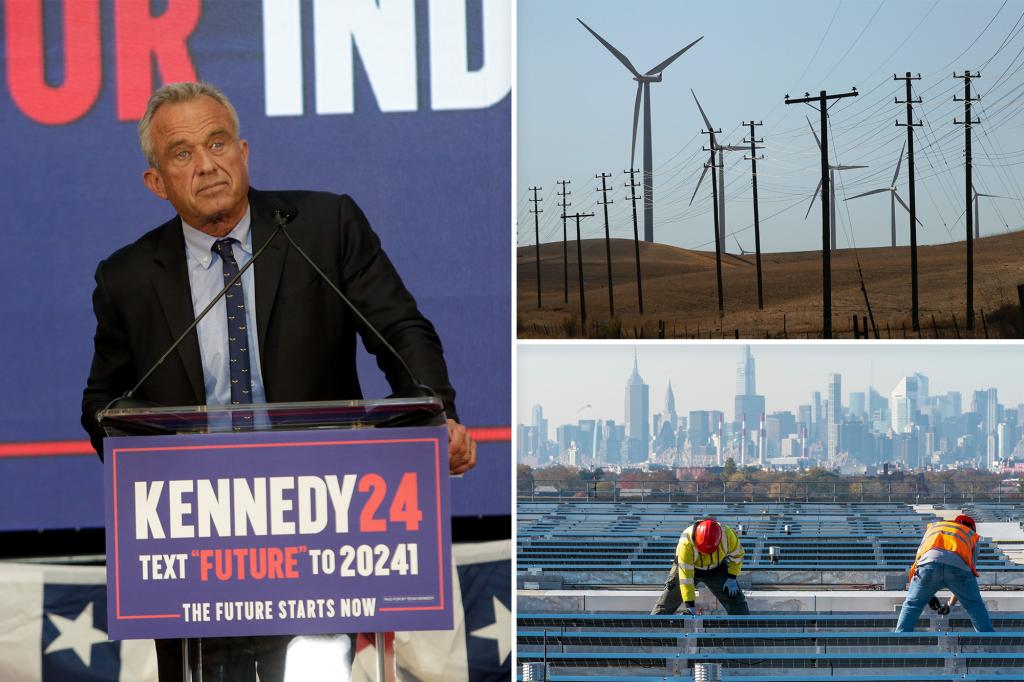Robert F. Kennedy Jr., an independent presidential candidate, has advocated for the construction of a national “smart grid” that would allow utility companies to control Americans’ personal devices remotely. In a 2011 video, Kennedy discussed how the grid, which he estimated would cost $250 billion, could eliminate peak demand periods by temporarily shutting off devices like hot water boilers. He argued that consumers would not mind having their devices turned off for short periods of time to save energy.
Kennedy emphasized that the smart grid would enable utilities to manage peak demand more efficiently, using signals to minimize energy consumption in homes across the country. He also suggested that the grid could encourage energy efficiency by allowing consumers to sell any surplus energy they produce back to the market. Kennedy believed that the smart grid would create a marketplace that rewards efficiency and punishes waste, ultimately benefiting both consumers and the environment.
Despite Kennedy’s enthusiasm for the smart grid, energy experts have raised concerns about potential vulnerabilities. They warned that a national grid could be targeted by cyberattacks and could result in government overreach, infringing on people’s privacy. Some experts questioned whether Americans would be willing to give utility companies control over when they can use their personal devices, viewing it as a significant invasion of privacy.
Critics of Kennedy’s proposal have argued that a nationalized grid would only add more government bureaucracy and limit innovation in addressing energy and climate challenges. They specifically pointed to Kennedy’s opposition to nuclear energy as evidence of his ideological approach to environmental policy. The proposal for a smart grid that allows utility companies to remotely control devices, they argued, lacks practicality and fails to consider the preferences of most Americans.
While smart grid technology has not yet been widely adopted in the US, some states like California are exploring options to integrate electric vehicles into their central grid. The Green New Deal, a proposal championed by Alexandria Ocasio-Cortez, also includes references to smart power grids. In contrast, South Africa’s government-controlled grid has led to electricity blackouts, demonstrating the potential challenges associated with centralized energy distribution.
Kennedy’s stance on smart grid technology has not been confirmed recently, as his campaign did not respond to inquiries on whether he still supports the idea of utility companies remotely controlling Americans’ devices. Despite the lack of progress in implementing smart grid technology in the US, other countries like the UK have already adopted similar systems to enhance energy efficiency and reduce carbon emissions. As discussions around energy infrastructure continue, the balance between technological advancement, privacy concerns, and the need for sustainable energy solutions remains a critical issue for policymakers and the public.


